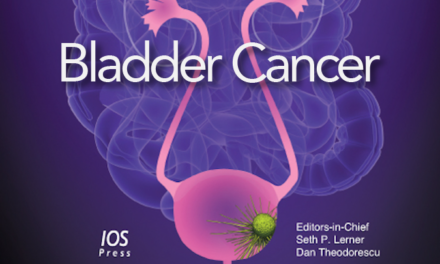
Immune Responses to Neoadjuvant Chemotherapy in Muscle Invasive Bladder Cancer
Abstract
The secondary effects of chemotherapy, with bone marrow depression and risk of leukopenia, has traditionally been considered being detrimental for the immune system. However, growing evidence suggests a main role for chemotherapy in antitumor immunomodulation. With reference to cisplatin, which is the basis of neoadjuvant chemotherapy in muscle invasive bladder cancer, four different aspects of immunomodulation has thus far been described; increased MHC class I expression, recruitment and proliferation of effector cells, enhancement of tumor-lytic activity of cytotoxic effectors and downregulation of immunosuppressive actors in the microenvironment. Consequently, the role of chemotherapy in cancer is changing from a therapy solely aimed at inducing tumor cell death, to a potent inducer of immune responses and a potential future major partaker in cancer immunotherapy. This is a great opportunity for the urological community to broaden research in this field in order to increase knowledge, optimize and improve the neoadjuvant regimens of muscle invasive bladder cancer to ultimately improve patient outcome.
Authors: Sherif, Amir | Winerdal, Malin | Winqvist, Ola
Journal: Bladder Cancer, vol. 4, no. 1, pp. 1-7, 2018
Keywords: Urinary bladder neoplasms, cisplatin, neoadjuvant therapy, T-lymphocytes, B-lymphocytes, antigen-presenting cells




